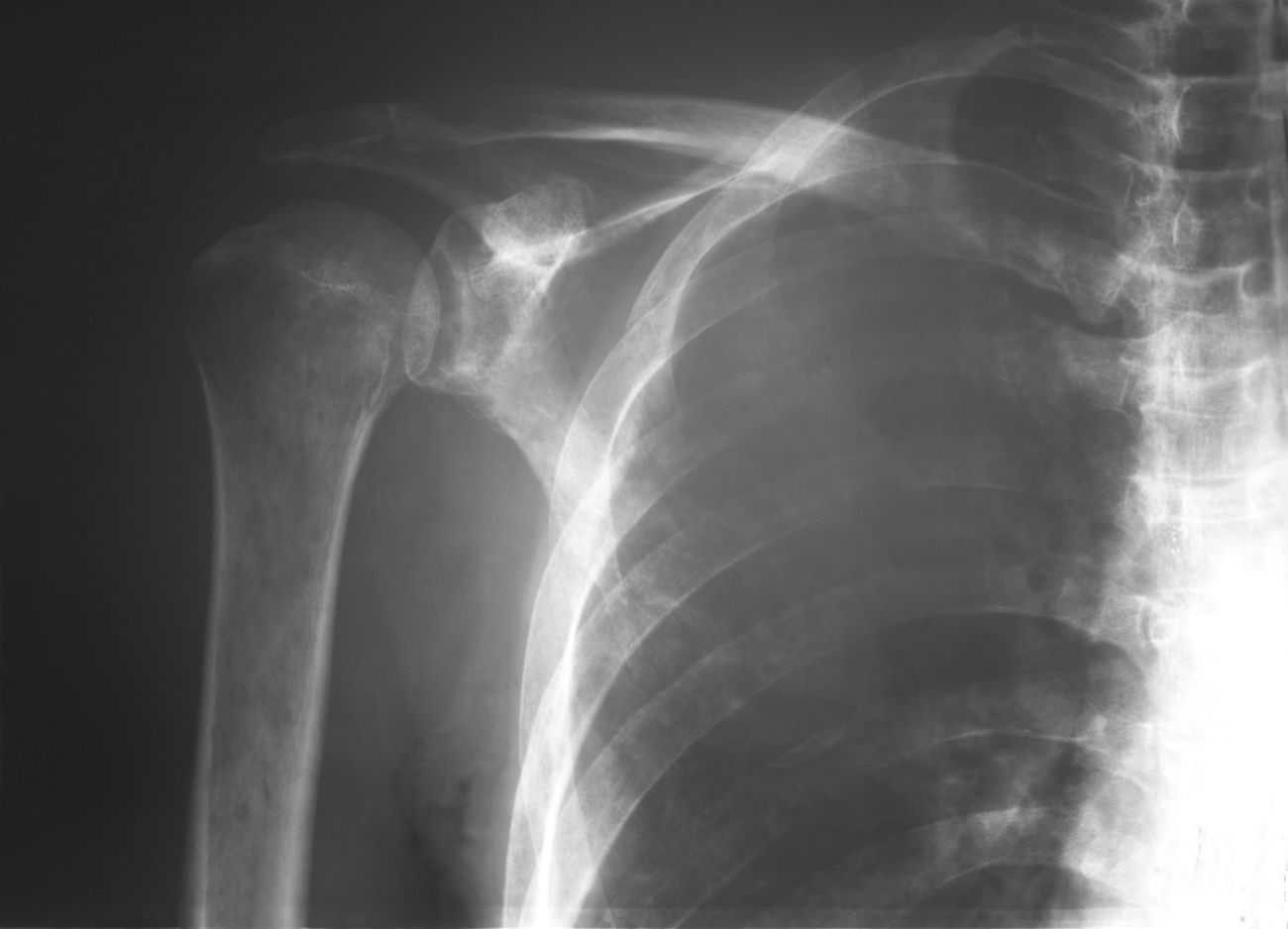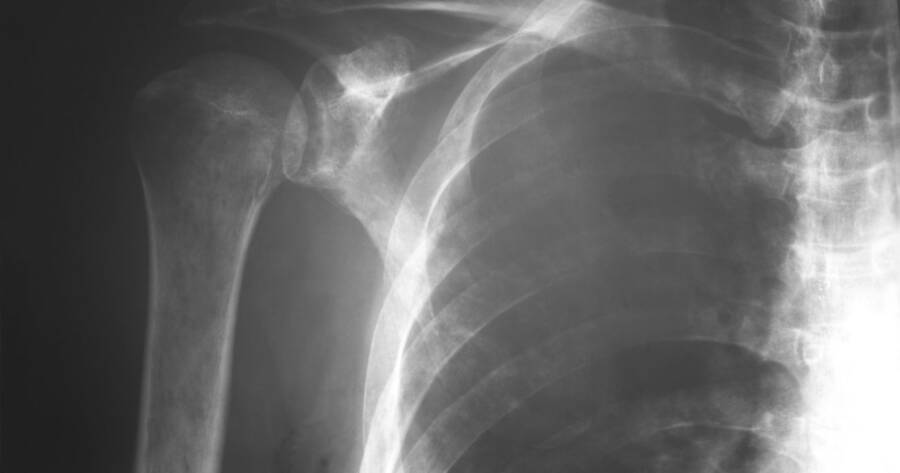Any cell in your body can become cancerous. Cancer occurs when a cell mutates, causing it to grow uncontrollably. Your blood contains plasma, which is a colorless liquid containing corpuscles and blood cells in suspension. It also contains plasma cells, which are B cells that produce antibodies. These plasma cells are found in your bone marrow and play an important role in your immune system. If you develop malignancies of your plasma cells, you may have multiple myeloma.
Multiple myeloma may impact your physical well-being and your emotional health. Many patients who are diagnosed with multiple myeloma have strong emotional reactions. Some may develop co-occurring depression or anxiety disorders.
By understanding multiple myeloma, you may have a better understanding of the disease, the symptoms, your treatment options, and your prognosis.
What Is Multiple Myeloma?
Your immune cells include T cells and B cells. When the B cells mature, they turn into plasma cells. Maturation occurs when your B cells are fighting off an infection. Your plasma cells produce antibodies that your body needs to fight off the disease-causing agents and the infections that they cause.
If your plasma cells become malignant, they undergo out-of-control growth. The malignant cells can then form a tumor called a plasmacytoma. If you only have one of these tumors, you have a type of cancer called isolated plasmacytoma. If you have two or more plasmacytomas, you will be diagnosed with multiple myeloma.
Causes, Signs and Symptoms
Researchers do not know what causes multiple myeloma. The disease starts with a single abnormal plasma cell. These cells divide rapidly, and they do not die. This allows them to spread rapidly and form tumors. The tumors can develop in your bone marrow or elsewhere in your body.
In the early stages of multiple myeloma, you might not experience any symptoms. If you do have symptoms, you may experience the following:
- Fatigue, nausea, or confusion
- Bone pain
- Constipation
- Reduced appetite and weight loss
- Frequent infections
- Excessive thirst
- Leg weakness or numbness
Some of these symptoms overlap with the signs of other diseases. If you are experiencing them, you should see your doctor.
Common Treatment Options
After you have been diagnosed with multiple myeloma, your doctors will determine the stage of your cancer. There are multiple treatments that may then be recommended to you to fight the cancer. Some of the options that might be discussed include:
- Plasmapheresis
- Radiation
- Chemotherapy
- Surgery
- Biophosphonates
Your doctor may recommend one or multiple types of treatment, depending on how advanced your cancer is. It is important for you to ask your doctor about the side effects that might be associated with any treatment that is recommended to you. You may also want to get a second opinion before agreeing to undergo a particular treatment regimen.
Alternative Remedies
Alternative treatments and remedies may help you to deal with the side effects of multiple myeloma. You may undergo acupuncture treatments, massage, or aromatherapy. You may also learn relaxation and meditation techniques. By helping you to enjoy a healthier frame of mind, these alternative treatments may help your body to speed the healing process.
Dietary changes may also help you when you are dealing with multiple myeloma. The disease often causes iron deficiencies, leading to fatigue, cold feelings, and weakness. In order to ward off anemia or fight anemia that you already have, you should consider adding iron-rich foods to your diet. These might include the following:
- Green, leafy vegetables such as spinach and kale
- Broccoli
- Lean red meat
- Bell peppers
- Tropical fruits
- Sweet potatoes
- Raisins
Multiple myeloma may also cause some people to develop kidney disease. It is important for you to make certain to stay hydrated by drinking plenty of water. In order to offer your kidneys the best protection, you may also need to cut back on alcohol, potassium, salt, and protein.
During your multiple myeloma treatment regimen, your immune system will be suppressed, leading to a heightened risk of infections. Because of this risk, you should avoid eating raw foods such as raw eggs, sushi, and steak tartare. You should also make certain to avoid eating dishes that are undercooked.
Because chemotherapy can cause you to become constipated, adding plenty of fiber to your diet can help. Some examples of high-fiber foods that you might choose include:
- Artichokes
- Carrots
- Broccoli
- Dried fruits
- Whole grains
- Beans and lentils
- Nuts
Finally, curcumin, a compound that is found in turmeric, has been shown to help you to avoid becoming resistant to some chemotherapy drugs. Adding turmeric to your diet may help the drugs that you take to be more effective in fighting your cancer.
Prognosis
Your prognosis for multiple myeloma will depend on the stage of your cancer and how well you respond to treatment. If your disease is caught at stage one, the median rate of survival is 62 months. If you are in stage two, the median survival rate is 44 months. Finally, if your cancer is in stage three, the median survival rate is 20 months, according to the American Cancer Society.
Current research is focused on using the myxoma virus as a potential treatment for multiple myeloma. This virus kills myeloma cells while not targeting stem cells. Researchers have used myxoma viruses to treat people with multiple myeloma, in order to help them to develop new stem cells that are not contaminated with myeloma cells. This method has been used to prevent people from suffering relapses of multiple myeloma.
One study with mice using myxoma viruses showed that a quarter of the mice experienced a complete eradication of multiple myeloma and did not suffer any relapses of the illness. This promising research may indicate a potential treatment that might be widely available in the future to people who have this condition.
If you have recently been diagnosed with multiple myeloma, understanding your condition and taking proactive steps to protect your health is important. By choosing the treatment regimen that is the most appropriate for your disease stage, your doctor may help you to add years to your life. You may also help by making smart dietary choices and choosing alternative treatments to help you manage your symptoms more effectively.
 Santibhavank P / Shutterstock.com
Santibhavank P / Shutterstock.com


